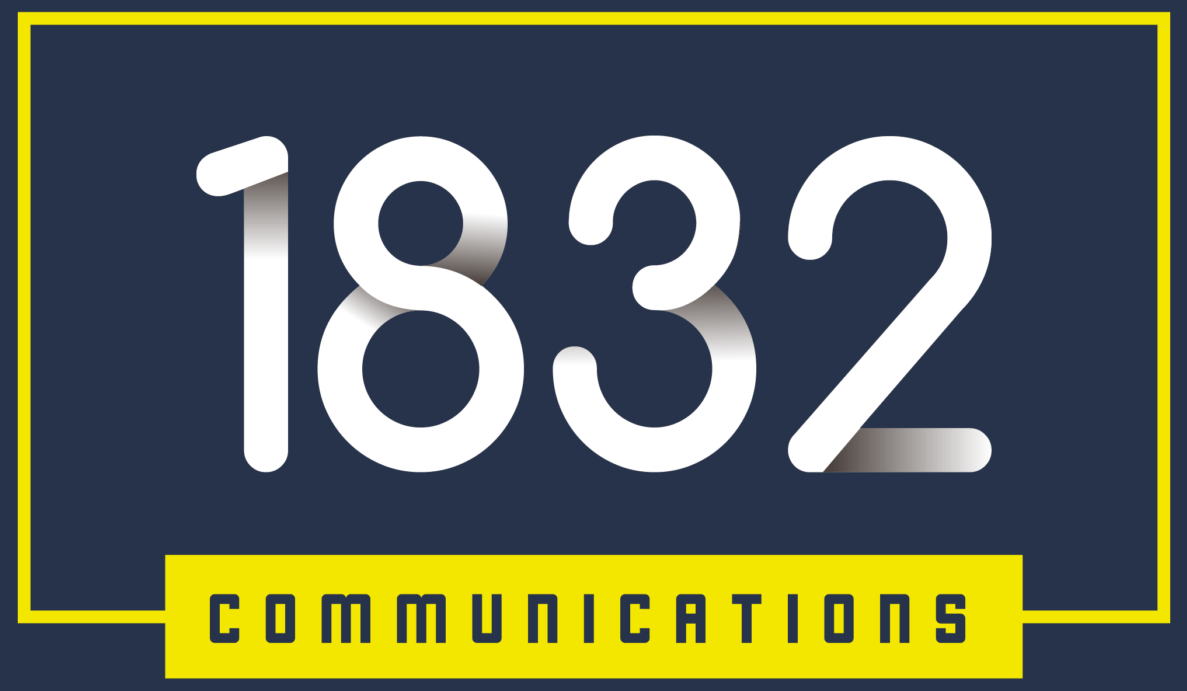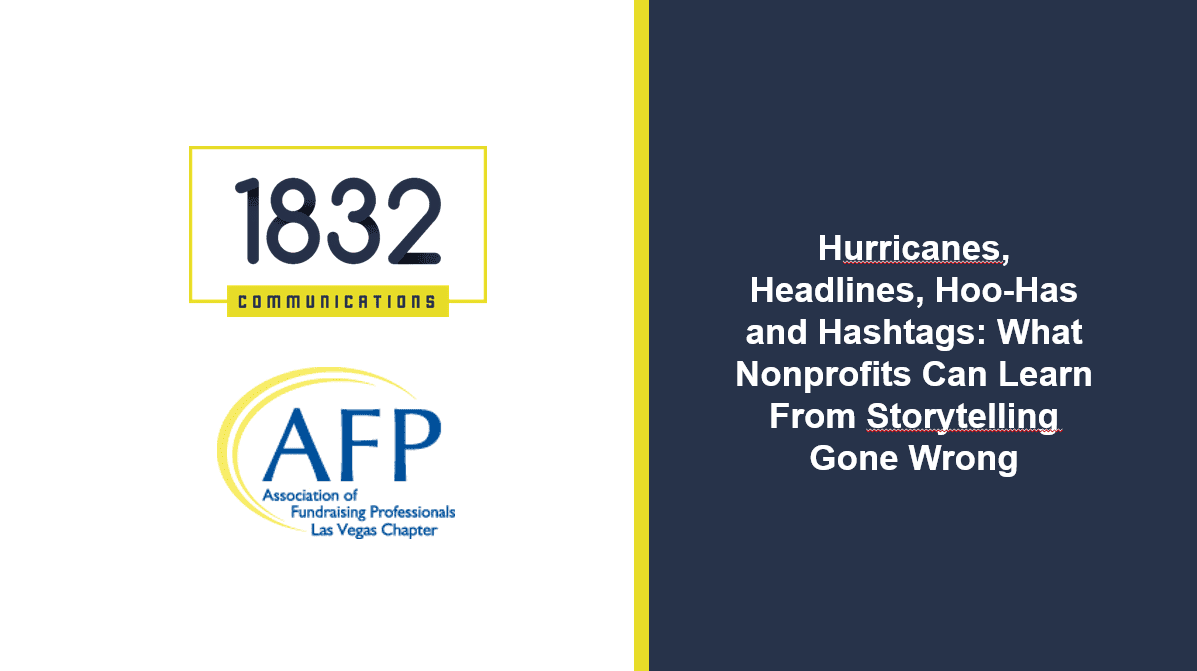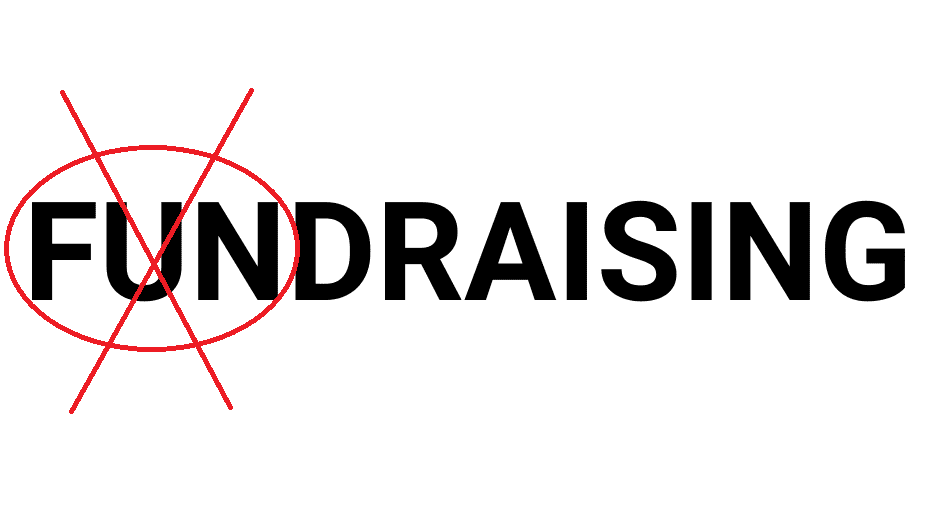Round two of the interview process.
I’m sitting with the CEO and an outside consultant. They are grilling me about my experience, abilities and what I bring to the specific role I’m up for.
Then comes a question that I really dislike: “If you were sitting with a potential donor, how would you convince them that our nonprofit is the best out there and the only one worthy of a donation?”
Here’s what I answered, almost verbatim: “I would never do that, because you’re not. You’re not better than a charity assisting kids with cancer, an organization helping people experiencing homelessness, a nonprofit preventing teen suicide. But I WOULD explain to a donor why this nonprofit’s work makes it a leader in its niche. I would use stories and data to demonstrate bang for the donor buck.”
Demonstrate Field Expertise
I got the job.
Your nonprofit will always have competition of one sort or another. You might think you’re the only one out there who does what you do. But you have to remember that donors are the ones holding the purse strings: If they think there’s another local organization who does something similar, they’re just weighing donating to you vs. the other organization.
How do you set your organization apart? Demonstrate field expertise. Demonstrate impact on those who are the recipients of your services.
With data and storytelling, your organization can establish its credentials and help donors with their decision-making.
Here are five ways your nonprofit can display its expertise, experience and knowledge.
Website
Your website should contain information not only about your activities and programming but also about the issue you advocate for. For example, if you are an organization dealing with childhood cancer, it would be wise for your site to carry basic information related to cancer, treatment, prevention and more.
This type of information brings added value to your site readers. It also has an added benefit: It means people may spend more time on your site which in turn gives your organization more chances to encourage them to take action; for example, sign up for a newsletter, attend a webinar, make a donation.

Photo by Kat Yukawa on Unsplash
Data
Collecting data about your program is crucial both to demonstrating expertise and to your storytelling and fundraising efforts.
Take for example middle school Sophia Academy in Rhode Island. On their history and mission page, they list data which helps you understand their success. One data point really stands out: “100% of Sophia Academy graduates earn a high school diploma; most matriculate to higher education.”
That REALLY stands out: Sophia is a middle school. Yet their education and work with their students is so good that every single student goes on to earn a high school diploma. Now THAT’S a story worth telling!
Want to show that your program is successful and worthy of a donor’s attention? Have data like that front and center!
Case Study
Your organization provides computer courses for people who do not have the basic skills necessary to find a job. You train them, teach them, help them construct their resume, get them ready for job interviews and help them find the job they need to support themselves.
Why not do a case study? Show where people were before they started your courses and where they are 6-12 months after finishing your course. Prove that the courses work and that people are able to find higher paying, more stable jobs because they possess the requisite computer knowledge.
Once it’s ready, push it out to your supporters. Are you using email marketing as part of your overall fundraising strategy? Here’s a great opportunity to show subscribers what their donation is doing in their community.
Applying for a grant to open more courses? Now you’ll have the data to prove your organization’s worthiness for that grant.
Video
Your organization advocates for the full inclusion of people with disabilities into society. You have disability professionals on staff. You have an outside council of disability experts who advise your organization.
Get those experts in front of the camera!
20% of the population has some form of disability. Many people have a relative dealing with a disability. They are looking for information, the latest findings, research updates and more. Have your experts talk “directly” to the community at large.
That could mean a live Q&A using Facebook Live. That could be recording videos to be uploaded to YouTube and Instagram. The goal of video is to personalize the connection between the viewer and the organization. Dr. X works for your organization. Viewers make the connection and hopefully want to learn more about your organization’s activities.
Take a look at this video from Fraxa Research Foundation and the information offered on the page. They introduce viewers to researchers who focus on Fragile X. Keeps viewers informed about the latest research and what’s happening in the field.
Media
You have success stories. Inspirational stories. Data to back up your claim as an expert in the niche you work in. Now it’s time to pitch to local media outlets and get in front of a broader audience.
You’ll make sure to provide a spokesperson who is a field expert. You’ll provide the media outlet with all the information they need to tell the story. Through that story and your field expert talking, your audience will gain a sense of your position of authority in your field. Now you’ll stand out. You’ll demonstrate impact. You’ll establish why donors will gain maximum bang for their buck by donating to your organization.
At the end of the day, donors want to know how your organization used their donation to help your service recipients. Collect the data and stories and share it with your supporters. Demonstrating impact will help your overall retention rate. Higher retention means the ability to keep servicing more people in the years ahead.
P.S. In that same job interview, there was a discussion about grant writing. At the time, I did not have grant writing experience. The consultant in the room and I had the following conversation:
Consultant: To be a grant writer, you need to have two skills. The first is writing ability. I read your writing samples and you have that. Second, can you follow instructions?
Me: Yes.
Consultant: Good. You’re a grant writer.
Is your nonprofit looking to grow its email list so you can raise more money? Building that list starts with onboarding- encouraging people to sign up for your enewsletter. Download my free ebook and learn best practices about the onboarding process. Start growing your list today!




